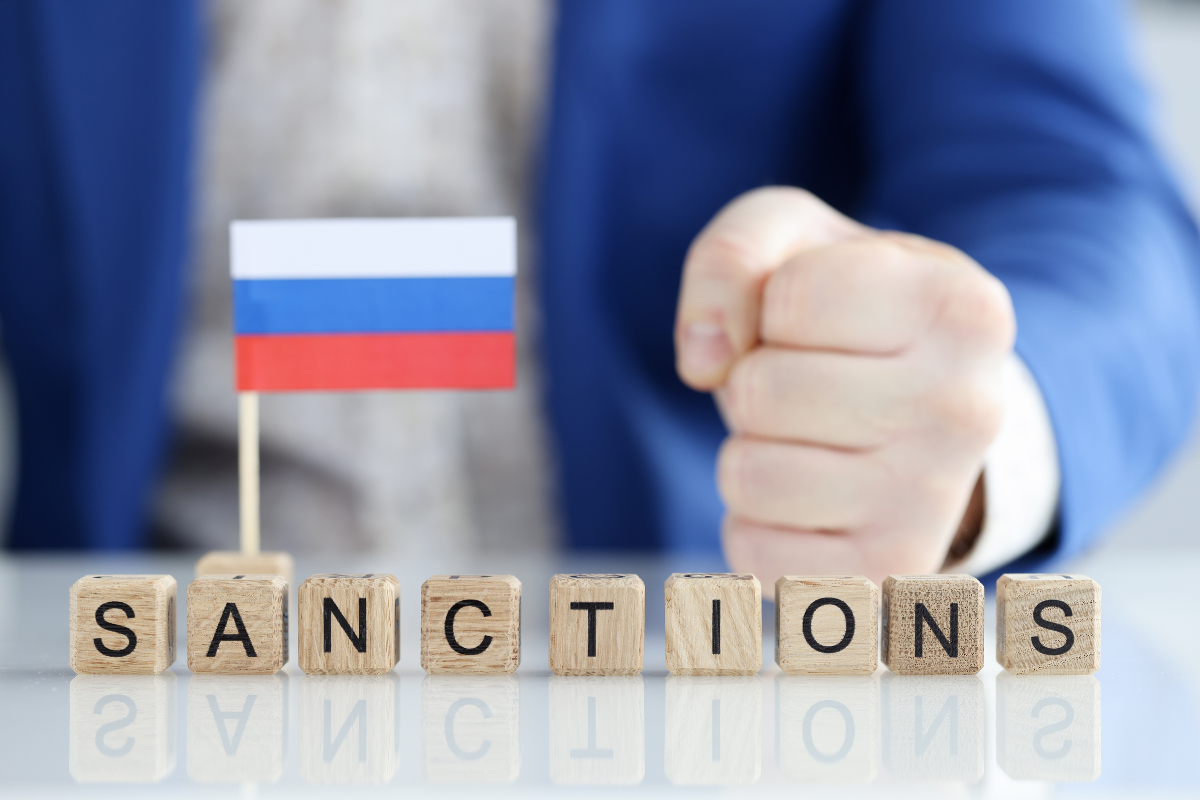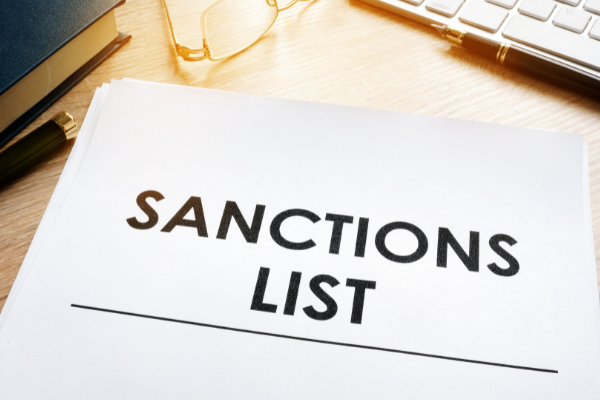BY:
SHARE:

On the 11th of December 2023, the DBT issued a new General Trade licence concerning third-country processing iron and steel measures, including within the current UK sanction packaged against Russia.
This new licence will be a welcome addition to many traders who are seeking further clarity in the following areas:
- Reusable packaging
- Products manufactured or produced before April 21st, 2023
- Products previously in free circulation in the United Kingdom before April 21st, 2023
The licence permits the import of these goods. It can be utilised when a trader is unaware of a goods’ origin, meaning their goods can be prohibited. However, traders must take note of the strict conditions attached to each category.
Important
To use this licence, traders should notify the Secretary of State for the Department for Business and Trade, providing their name (or organisation name), EORI number, and the address at which the register or record may be inspected, no later than 30 days after first acting under the authority of this licence.
This only needs to be done once by emailing records.importlicences@businessandtrade.gov.uk
Traders should update the details by emailing the same address if there are changes.
Reusable packaging
‘Reusable packaging’ refers to pallets and similar platforms that are used for handling goods.
The conditions are that the product: falls within Commodity Code 7326904000 (pallets and similar platforms for handling goods)
a) falls within Commodity Code 7326904000 (pallets and similar platforms for handling goods)
b) is imported into the United Kingdom for the purpose of facilitating the international trade of other goods, whether or not filled with other goods when imported
c) is not consigned from Russia
If these goods are themselves the object of the import (for example with the purpose of domestic use or sale in the UK), this licence does not permit their import.
Goods manufactured or produced before 21st April 2023
The conditions are that the product:
a) is a relevant processed iron or steel product
b) was manufactured or produced before 21st April 2023
c) beginning on 21st April 2023, has not been located in Russia at any time
Traders should be prepared to have documentation available to demonstrate evidence of a processed iron or steel product’s location before this date. This does not need to show the precise date of manufacture itself but that the goods existed and were located outside of Russia before this date. Examples of evidence could include an invoice, bill of lading or sales contract. This is not an exhaustive list, but evidence must be verifiable.
Goods previously in the United Kingdom
The conditions are that the product:
a) is a relevant processed iron or steel product
b) has previously been in free circulation in the United Kingdom
c) falls within the same Commodity Code as it did when it was exported from the United Kingdom
d) beginning with 21st April 2023, has not been located in Russia at any time
Record keeping
Regulation 76 of the Russian Regulations sets out a requirement to keep a register or record of each act carried out under the authority of a general trade licence. The regulation sets out which details may be necessary, and the length of time records should be kept.
A trader must keep a register or record containing such details as may be necessary to allow the following information to be identified about each act done under the authority of the licence:
a) a description of the act;
b) a description of any goods, technology, services, or funds to which the act relates;
c) the date of the act or the dates between which the act took place;
d) the quantity of any goods or funds to which the act relates;
e) Trader's name and address;
f) the name and address of any consignee of goods to which the act relates or any recipient of technology, services, or funds to which the act relates;
g) as far as it is known to the trader, the name and address of the end-user of the goods, technology, services, or funds to which the act relates;
h) if different from the trader, the name and address of the supplier of any goods to which the act relates;
i) any further information required by the licence.
The register or record relating to an act must be kept until the end of the calendar year in which the register or record is created and for a further period of 4 years from the end of that calendar year.
Further information can be found here https://www.gov.uk/government/publications/notice-to-importers-2953-russia-import-sanctions/guidance-on-third-country-processed-iron-and-steel-measures
If you are interested in exploring this topic further, you might find it worthwhile to consider the training courses and live clinics offered by Strong & Herd LLP:
OneCall™ Email assistance as and when required; A one-call solution for all your import, export and customs enquiries. Export help. Import help. Customs help.
Stay informed about customs and international trade matters by subscribing to our OneCall™ service. This comprehensive offering includes a dedicated email helpline for support, timely practical updates direct to your inbox (Did You Know?), monthly UK Customs & Trade Briefings and access to an interactive members' area with an exclusive community for our subscribers.
International Trade Updates & Spotlight Newsletter
Subscribe to our free information emails covering international trade topics...











